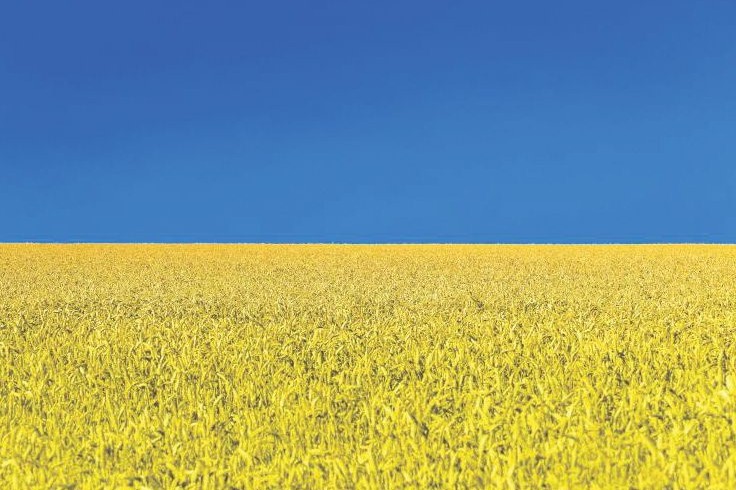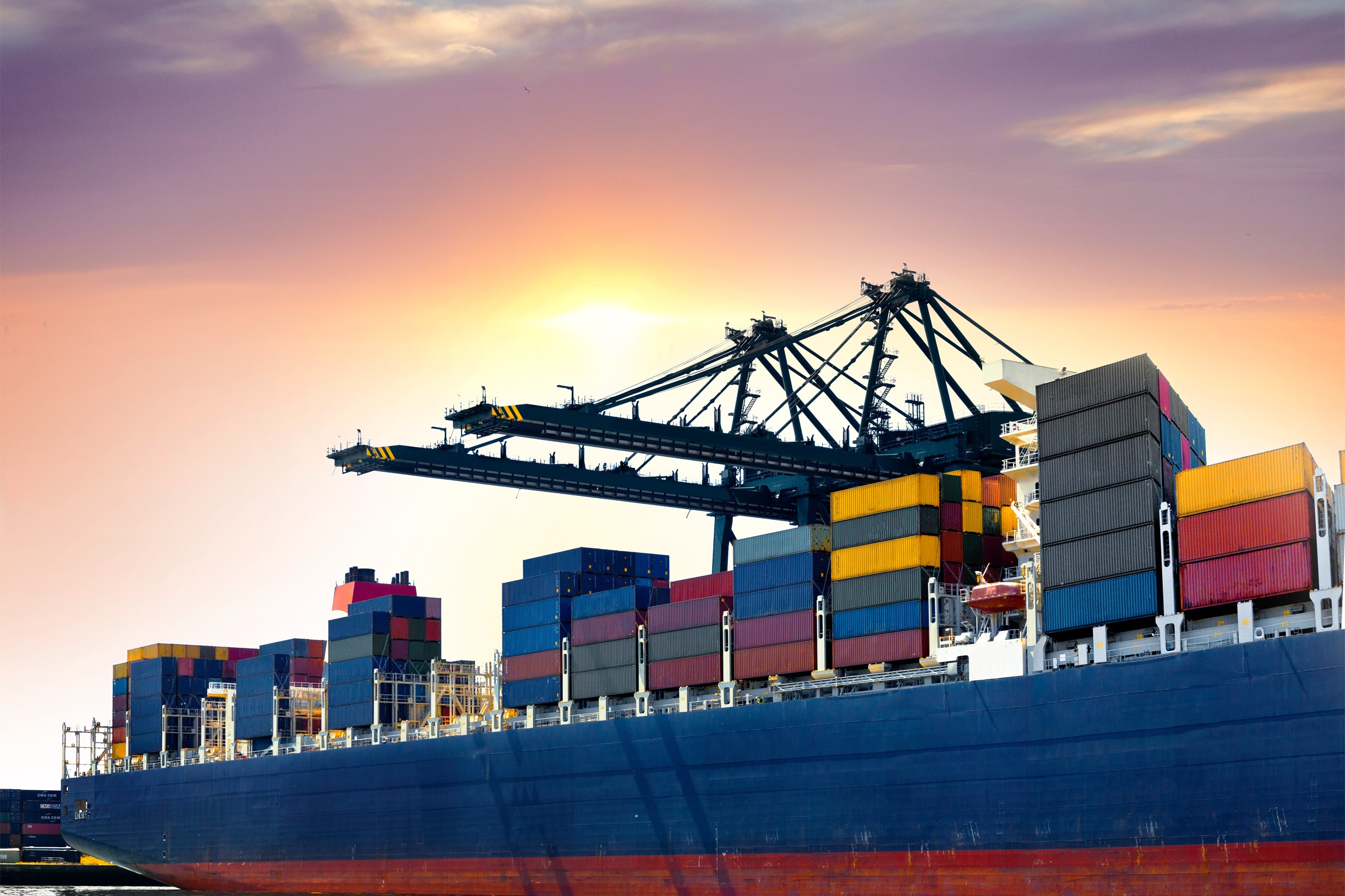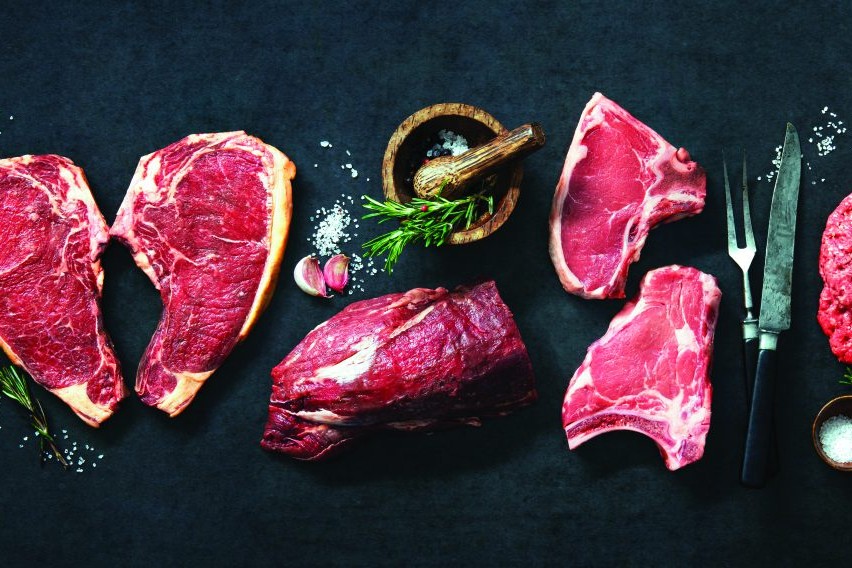Spare a thought for Ukrainian farmers
The speed at which so many world events slip into the past, it is only the really big events that stand out and anchor themselves in our memories, Nick Loughnan writes.

The speed at which so many world events slip into the past, it is only the really big events that stand out and anchor themselves in our memories, Nick Loughnan writes.

Russia’s war in Ukraine is a significant ongoing headline, and the anniversary of its invasion arrives this month, along with a year of almost universal contempt for Putin.
Down here in Otago, Ukraine is something of a special match – the Otago provincial colours and the Ukrainian flag are the same. Some poignant roadside protest signs began appearing all over Otago in the weeks following the invasion, using the matching flag colours for impact.
Kiwi farmers surely appreciate the plight and the pluck of the Ukrainian people whose wealth like our own is dominated by agriculture. Their extraordinarily black and fertile soils enable astonishing quantities of grain to be exported throughout the world. The parallels of prosperity with their grain and our dairy exports are close.
So as we farmers in New Zealand await the political outcomes from deliberations around Three Waters, the effects of carbon ‘farming’ and livestock emissions’ proposals, our immediate problems seem insignificant when compared with Ukrainian farmers whose country is being ravaged by a needless war.
If nothing else, all the many conflicts simmering around the world remind us that for all NZ’s problems, we are head and shoulders above so many of the globe’s populations in terms of political stability. We have healthy democracy, opportunities for those with flair and drive, and a relatively clean environmental slate thanks to our low population. We are so lucky.
However, the reminders of climate change and global warming are now constant.
The southerly blasts that used to arrive with an often-bitter wind chill here in Central Otago are now often as hot as our nor’westers. News that our southern oceans are at record high temperatures to a depth of 200 metres also sound a crisis alarm.
And as the world tries to return to ‘business as usual’ post-Covid, it is increasingly clear that a myriad of significant problems mean this is a vain hope. Do we as humans have the collective intelligence to address those problems with effective remedies?
Again, the Ukraine conflict points to some positive signs, as Europe has embarked on a massive restructure of its collective energy needs through co-operation, innovation and a clear resolve to wean itself off any dependency on Russian oil and gas.
Indeed, it is war that has always united any population, and some extraordinary advances in technologies with weaponry remind us that motivated humans can innovate and work with speed to beat an enemy and survive.
Beyond Ukraine’s borders, our challenge is to address the invisible enemy of our own atmospheric emissions that are serving up the most disastrous climatic events all over the surface of the planet.
Ten years ago, our local district of Galloway held a centennial weekend celebration to mark the opening of the local school in 1912. I then thought it a good time to visit some old locals to record their recollections. One recalled his uncle who had a valuable team of bullocks for hauling freight wagons. He enlisted for military service in WW1, and turned his bullocks out into a swamp to fend for themselves while he was away overseas. On his return, the bullocks were easy to round up, but his teamster services were not so easy to revive. Traction engines and then internal combustion engines were delivering speed and heavier payloads than his four-legged beasts could. He was literally overtaken by technology.
We adapt as all life forms have since the earliest cells began to divide and evolve.
And the rules are still the same. If we can’t adapt, we perish. Life’s forces in some form will prevail.
Let’s live in hope.




